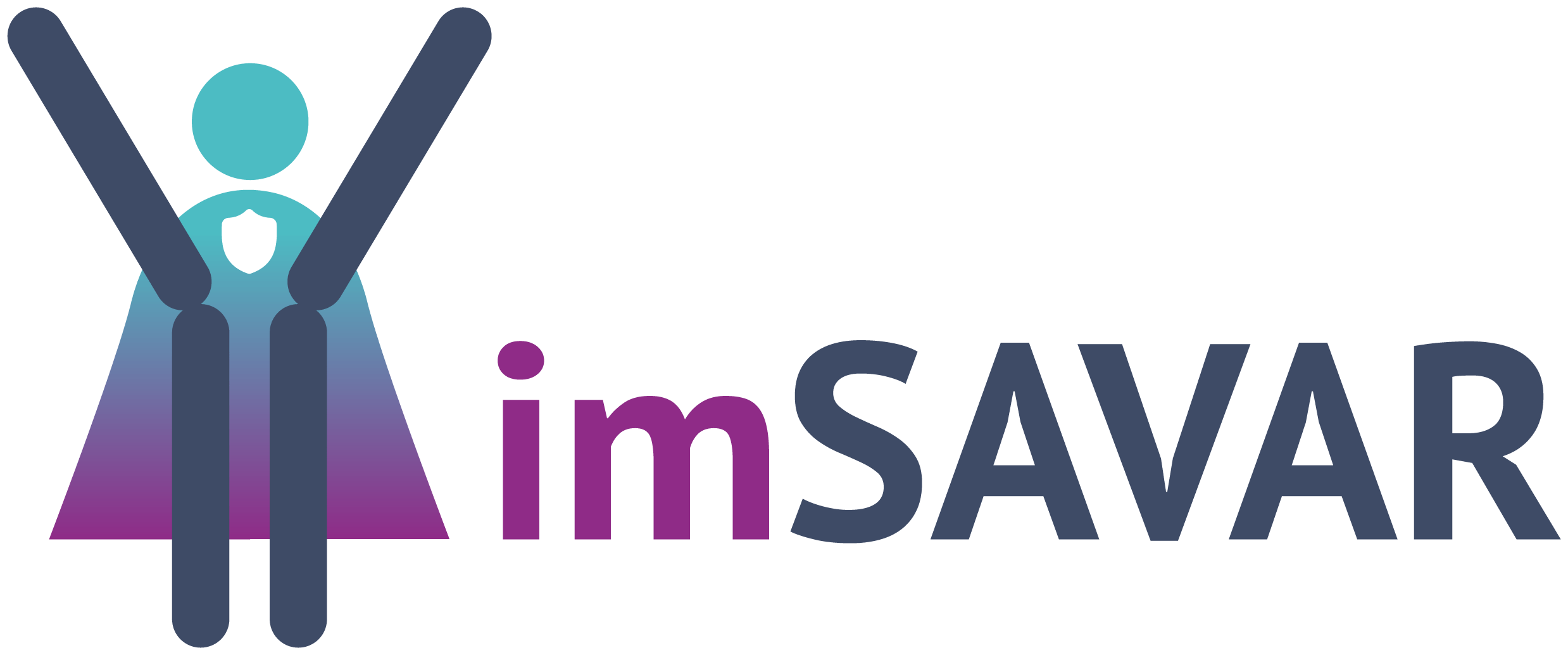Certain treatments for cancers and autoimmune diseases work by altering the immune system. However, a major challenge for researchers is identifying potential efficacy and safety issues with these treatments early in drug development, before they are tested in humans. Part of the problem is that the tests used early in drug development do not reflect the full complexity of the human immune system. In addition, these tests tend to be based on a healthy immune system, which is different to the immune system of someone who is ill.
The imSAVAR project aims to deliver a range of tools that will enhance our ability to assess the efficacy and safety of these immunomodulatory therapies. They also plan to develop new biological markers for diagnosing and predicting immune-mediated safety issues, and explore ways of mitigating them.
In the longer term, the project will help to deliver safer medicines for patients and also contribute to the ‘3Rs’ (i.e. the drive to replace, reduce and refine the use of animals in research).

